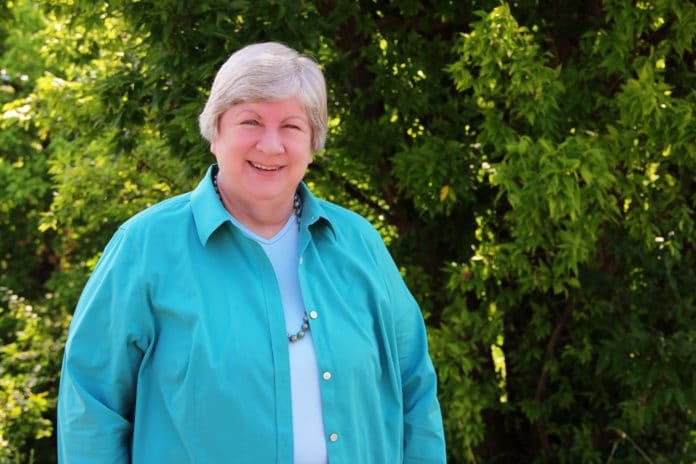Ann Sheets says it’s important to do something you enjoy and you can see that come to life through her career.
Sheets is the president and CEO of Camp Fire First Texas and celebrated 40 years with Camp Fire in June. But her involvement goes back even further.
Sheets began as a Blue Bird and later earned the WoHeLo Award, the highest award for a youth member. Sheets has been the camp director of El Tesoro, the assistant executive director of outdoor programs and facilities and the senior vice president of administration and finance for Camp Fire prior to becoming CEO.
She was a member of the inaugural class of LeaderPrime, a Leadership Fort Worth for new or newly promoted CEO in Fort Worth.
What makes it worth every day for Sheets? She says it’s seeing the “kids that are growing and learning and having a good time.”
Given your talent you could have done anything, so why did you decide to do this?
I chose to work for Camp Fire primarily because of the emphasis on getting kids in the outdoors. It’s such a powerful experience and as time has gone on, I think more and more kids need to be outside. A few years ago, Richard Louv’s book Last Child in the Woods really brought the need for kids being in the outdoors to the forefront. He had quite a pulpit and, luckily for all of us, people listened to him and people now recognize the benefits of nature for kids. And it’s not just in the summertime anymore; it’s through outdoor education with public schools, private schools. It’s helping families get out and feel safe in a place. And that’s one of the three major programs that we offer.
What are three significant lessons that you’ve learned?
1. One of the most important things is to do the right thing. And sometimes, it’s not the popular thing to do but it’s important to maintain the integrity of the council and your own integrity by always doing the right thing.
2. You have to be open to change and look for new ways of delivering the program. Look for new audiences that would want to participate and keep your mission in mind certainly, but there’s more than one way to fulfill a mission.
3. Nothing is ever accomplished alone. It takes a group that includes volunteers, staff, parents and participants to really get anything done.
If people want to follow in your footsteps what would you tell them?
I’d tell you to volunteer, get some experience with non-profits. Learn about the business world. … Everybody’s got to be able to read a balance sheet. You’ve got to read your statement of activities, income statement, whatever you want to call it. But you have to know about how organizations run. So just having a good heart is not enough. You have to have some solid hard skills in addition to all of those wonderful soft skills that we talk about. And the other thing that I would tell you to do just in general is to read. Read the paper. Read books. Keep up.
What do you read?
Every day I read the online version of the New York Times and the Washington Post just because I think they’re great national sources. And I try to read our local papers as well.
Is there anything else you would like to say?
I think it’s important when you’re looking at a career – and I’m looking at it from the backside now – to look at something that you’re going to enjoy. Compensation is nice, but compensation comes in a lot of forms, not just what’s deposited into your bank account every two weeks. It’s important to enjoy what you do, to feel good about the programs that you’re offering, to feel good about the people that you work with, to enjoy the interaction with volunteers and staff alike and to get out and see the kids who are benefitting from what we’re doing and when you see kids that are growing and learning and having a good time, it’s worth every day.






